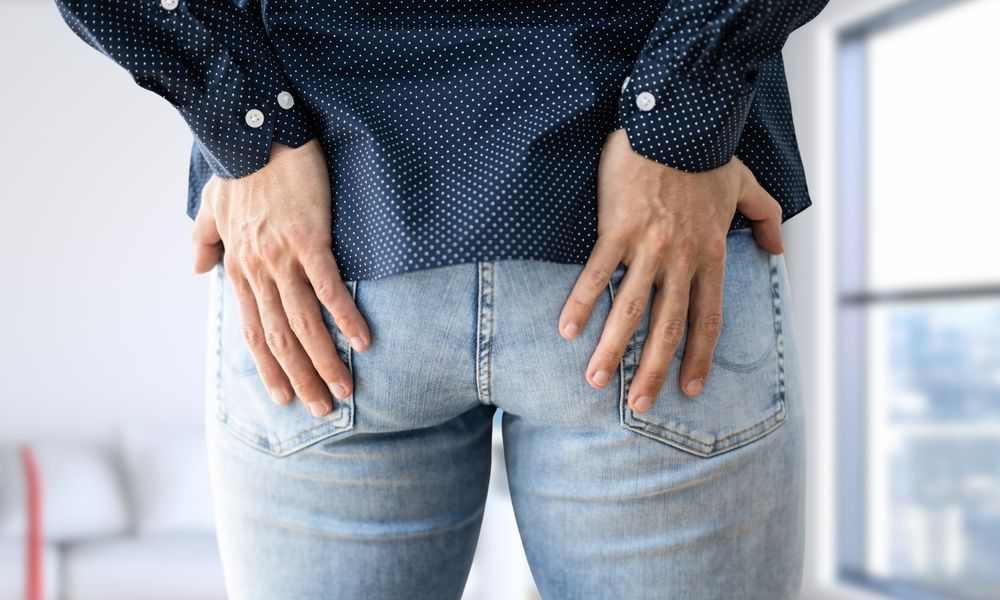Is KP Lifelong? Insights for Beauticians on Managing It
Keratosis Pilaris (KP) is a prevalent skin condition that clients frequently bring up during their beauty appointments. As a beautician, its vital to comprehend whether KP is lifelong and how to manage it effectively. This knowledge equips you to provide the best care and counsel to your clients. In this article, we explore the nature of KP, its duration, and tailored skincare implications for those affected by this condition.

What is Keratosis Pilaris?
KP is a benign skin condition marked by small, rough bumps that may give your skin a texture similar to sandpaper. Typically light-colored, these bumps usually manifest on the upper arms, thighs, cheeks, or buttocks. While not life-threatening, KP can be a frustrating cosmetic concern.
For more detailed information about the condition, check out Mayo Clinic.
Is KP Lifelong?
The query, Is KP lifelong?, is common among those experiencing this skin condition. KP generally starts in childhood and may worsen during puberty. However, many individuals discover that it lessens over time, with some experiencing complete resolution in adulthood. Despite this, KP can remain persistent for others, leading to concerns about its potential lifelong nature.
Factors Influencing KP's Duration
Various factors determine whether KP continues as a lifelong issue. Genetics play a crucial role, as the condition often runs in families. Additionally, environmental factors like climate and skincare regimens can impact the severity and longevity of KP. Beauticians should be aware that while KP might not be fully eliminated, its symptoms can be managed effectively through the appropriate skincare routine.
Managing KP: Advice for Beauticians
As a beautician, helping your clients manage KP can drastically improve their skins appearance and texture. Here are some valuable tips:
Moisturizing and Exfoliation
Regular moisturizing is critical for managing KP. Recommend products enriched with ingredients like urea, lactic acid, or salicylic acid, which can exfoliate and hydrate the skin, diminishing the roughness associated with KP.
Gentle Skincare Routine
Encourage clients to steer clear of harsh soaps and scrubs that may irritate the skin and worsen KP symptoms. Suggest using mild cleansers and exfoliants that soothe the skin instead.
Professional Treatments
In certain cases, professional treatments could be advantageous. Options such as chemical peels and laser therapy can enhance skin texture but should be discussed with a dermatologist to assess their appropriateness.
For more professional insights, visit DermNet NZ.
Understanding Client Concerns
Clients with KP may have worries that extend beyond aesthetics, often feeling self-conscious about their skin. As a beautician, your role includes providing empathetic support and enlightening clients about the nature of KP and its management. This involves discussing hereditary aspects and reassuring them regarding the non-threatening nature of the condition.
Creating a Supportive Environment
Establishing a welcoming and understanding environment where clients feel at ease discussing their skin issues is crucial. This approach fosters trust and can significantly enhance client satisfaction, resulting in a stronger beautician-client relationship.
Conclusion: Is KP Lifelong?
While KP can be persistent, it isn't necessarily a lifelong condition. With the right knowledge and effective skincare practices, its impact can be reduced, allowing individuals to achieve smoother, healthier skin. As a beautician, remaining informed about conditions like KP and providing sound advice can significantly enhance your service offerings and boost client satisfaction.
For additional reading, the British Association of Dermatologists offers valuable resources that might be of interest.

FAQs
Is Keratosis Pilaris contagious?
No, KP is not contagious. It is a genetic condition and cannot be transmitted from one person to another.
Can diet affect KP?
While no definitive link exists between diet and KP, maintaining a balanced diet that promotes skin health can be beneficial. Some individuals report improvements by reducing dairy or gluten, but experiences may vary.
Are there any home remedies for KP?
Exfoliating with a gentle scrub and moisturizing routinely can help manage KP symptoms. Additionally, some individuals find relief through the use of coconut oil as a natural moisturizer.

